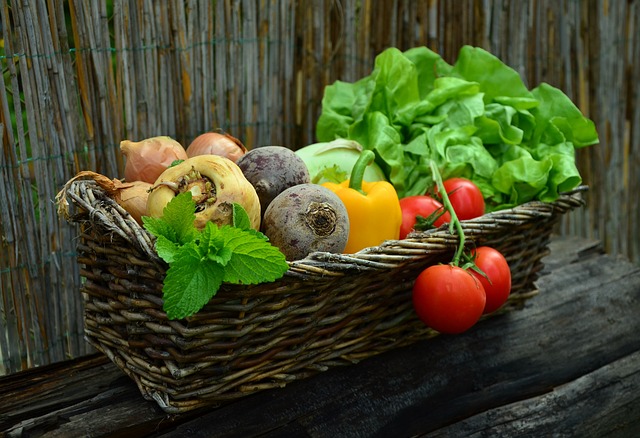Why Food Matters for Your Workout
Think of your body as a high-performance vehicle. To keep it running efficiently, it needs the right type of fuel—food. Just as a car requires premium fuel to perform optimally, your body needs a balanced intake of nutrients to maximize workout performance and recovery.
What to Eat Before Your Workout
What you consume before exercising can significantly impact your performance. Focus on foods that are easily digestible and provide a steady release of energy:
- Good Options:
- Whole-Grain Toast with Avocado: Provides complex carbohydrates and healthy fats for sustained energy.
- Greek Yogurt with Berries: Offers protein and carbohydrates with natural sugars for a quick energy boost.
- Oatmeal with Nuts and Seeds: Combines complex carbs with protein and healthy fats for longer-lasting energy.
- Timing: Aim to eat your pre-workout meal about 1-2 hours before exercising. This allows your body to digest and convert the food into usable energy.
- Avoid: Steer clear of heavy, greasy foods that can lead to digestive discomfort and sluggishness during your workout.
What to Eat After Your Workout
Nutrition after exercise is essential for energy restoration and muscle repair. Focus on a balanced meal that includes:
- Protein Power: Incorporate lean protein sources such as chicken, fish, tofu, or Greek yogurt to help repair and build muscle.
- Carbohydrate Boost: Combine protein with complex carbs like brown rice, quinoa, or sweet potatoes to replenish glycogen stores and aid in recovery.
- Healthy Fats: Include sources of healthy fats, such as nuts, seeds, or avocado, to support hormone production and overall satiety.
Essential Nutrients for Athletes
To support your fitness goals, ensure your diet includes:
- Carbohydrates: Your body’s primary energy source. Opt for complex carbs from whole grains, fruits, and vegetables to provide sustained energy.
- Protein: Vital for muscle repair and growth. Eat a diet rich in lean meats, chicken, fish, eggs, beans, and lentils.
- Healthy Fats: Essential for prolonged energy and hormone regulation. Avocados, almonds, seeds, and olive oil are examples of sources.
- Vitamins and Minerals: Important for overall health and performance. Get these from a variety of fruits, vegetables, whole grains, and lean proteins.
Hydration: The Forgotten Nutrient
Hydration is crucial yet often overlooked. Dehydration can lead to fatigue, cramps, and reduced endurance. Drink plenty of water throughout the day, particularly before, during, and after your workout. Staying well-hydrated helps maintain peak performance and recovery.
Sample Meal Plan for Athletes
Here’s a sample meal plan to give you an idea of balanced nutrition for an active lifestyle:
- Breakfast: Oatmeal with berries and nuts, or Greek yogurt with honey and granola.
- Lunch: Mixed greens, avocado, grilled chicken salad, with a mild vinaigrette.
- Dinner: Steamed broccoli, roasted sweet potatoes, and baked salmon.
- Snacks: Fresh fruits, raw vegetables with hummus, nuts, seeds, or a protein shake.
Listen to Your Body
Everyone’s nutritional needs and responses to different foods are unique. Pay attention to how your body reacts to various foods and meal timings. Experiment with different options to discover what works best for you and supports your fitness goals.
By focusing on the right nutrients and staying hydrated, you’ll enhance your workout performance, support muscle recovery, and boost your overall health and well-being. Fuel your body right to achieve your fitness goals and enjoy the journey to a healthier you!
